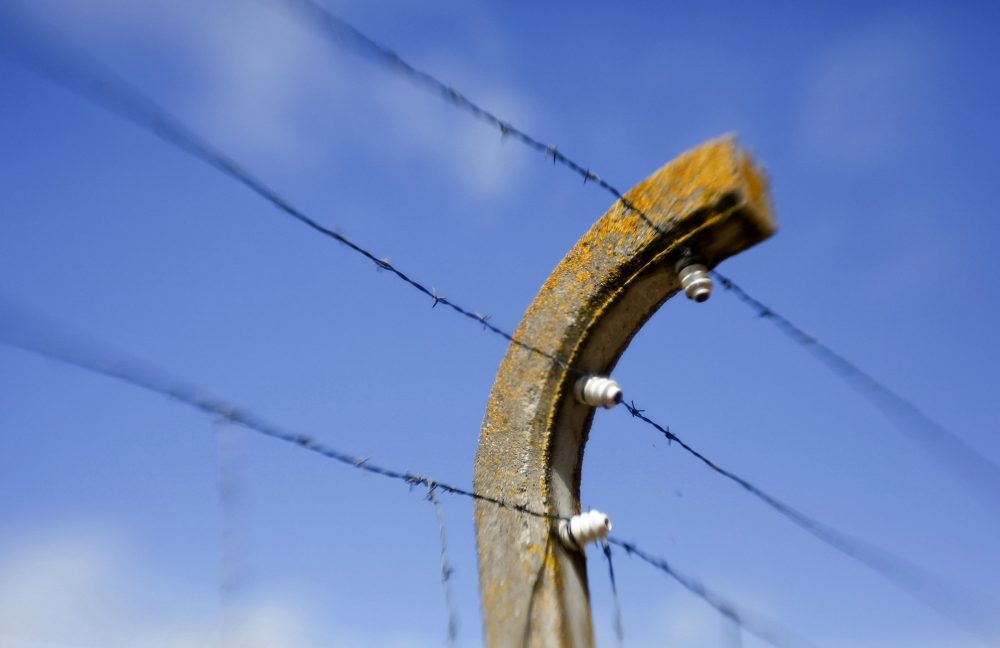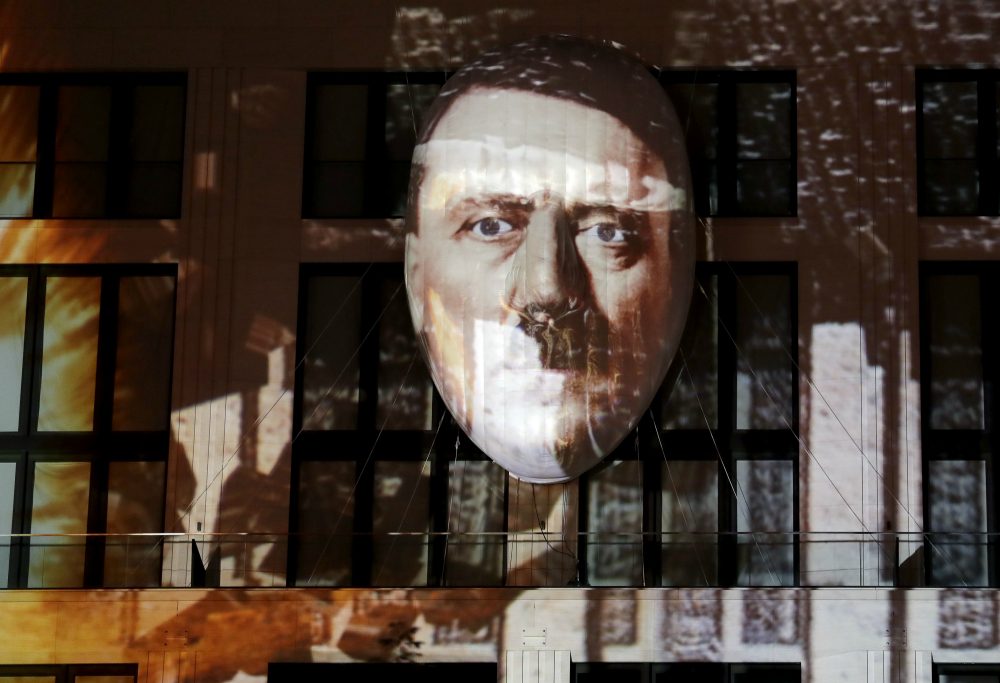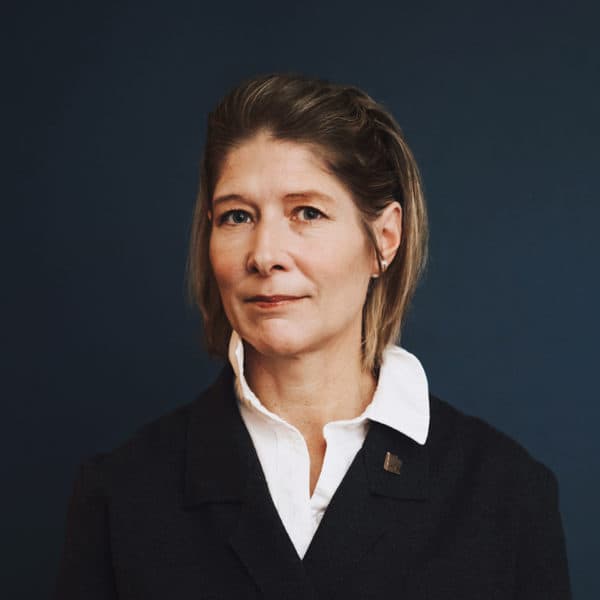Advertisement
3 Questions For America, In Memory Of The Many, And The One

COMMENTARY
Not long after the election, I visited Neuengamme, a labor camp turned museum outside of Hamburg, Germany, where 100,000 people were imprisoned between 1938 and 1945, and where half of the inmates died of starvation and disease at the hands of the SS. Today, Neuengamme runs important programs for youth and for people like me, the descendants of the perpetrators, among others.
A tall stone monument had been built up from the rubble of war in memory of those who had perished. With each brick, reality and unreality, truth and untruth had been painstakingly restored to their proper and separate places. The clusters of inmates’ gravestones lined the path to the monument, like wise men showing the way to where we must go. For the “alt-right,” the white supremacists, who would like to associate themselves with a European identity, this is where it leads: to a sobering stone tower in the quiet of the flat countryside, where struggle has no meaning, and power rests with the dead.
...Bertold Brecht once wrote, 'Unhappy is the land that needs a hero,' and the more one reflects on the matter, the more one sees the wisdom in it.
As I sat at the bus stop, only yards from the monument and the long barracks that lined the straight road past the camp, a letter to my country emerged in my thoughts.
Dear America:
I have lived outside of you for the greater part of my 50 years on our planet. This was not by design, but by the winding way of life. Never before have I felt more closely bound to you and the challenges that you face, because they are the same ones I face. Our world has become like a spider’s web weighed down by the morning dew. The slightest movement in one thread takes all of the others with it.
My life has been deeply affected by events that took place in Europe in the 20th century. A democracy voted for an opportunist who became a dictator, and overnight he and his cronies dismantled an entire society and provoked a war that devoured the lives of 60 million people. My grandparents were his ardent supporters and now their daughter, my mother, has voted for Donald Trump. It is a glaring example of how the failure to face history results in the repetition of similar human patterns.
Advertisement
By now, many lines have been written about the outcome of the recent election, and many have been quick to provide answers and explanations. Yet, we must be cautious, lest we become like the demagogues, who are quick to shout victory from the rooftops, always knowing and never asking because they have a monopoly on the known. Instead, we must put our ears to the ground and listen for the quiet whisperings of the dead.

As I wait for a bus, three questions emerge that I don’t have the answer to, but that the experience at Neuengamme and the other labor and death camps that I have visited through the years raises. The first is: How will we end our obsession with finding a savior? The question becomes urgent as the challenges to human survival on our planet intensify. It is precisely in these moments when we must find strength from within that we seek individuals in whom we can invest our belief in their ability to save us. Since most of us want wide margins of safety, we choose those who promise us greatness. In glorifying and saluting them, we give them a singularity they do not possess. The most consistent quality of all humans is contradiction. The playwright Bertold Brecht once wrote, “Unhappy is the land that needs a hero,” and the more one reflects on the matter, the more one sees the wisdom in it.
My second question is: How can we empower one another to truthfully face our own family and community histories? No matter your background, the exercise of truthfully facing your tribe’s past brings deep humility. You will find that there were people who were generous and people who stole; different skin colors and different faiths; and many different ways of making new beginnings when times were hard. No one who has made these discoveries will ever shout victory from the rooftops. Greatness has no place.
Our world has become like a spider’s web weighed down by the morning dew. The slightest movement in one thread takes all of the others with it.
My third question is: How do we avoid shutting our eyes to the world? The magnitude of the challenges that we face makes it tempting to be local and forget the rest. Globalism has become the faulty story of stolen jobs and foreign conspiracies, rather than the remarkable vision of creative power that can be unleashed by interfacing with people in different parts of the world.
As the bus moves away from the curb, I look out the back window and watch the monument recede. The voices of the dead from 28 nations cry out: We are the many, but we are also one.
